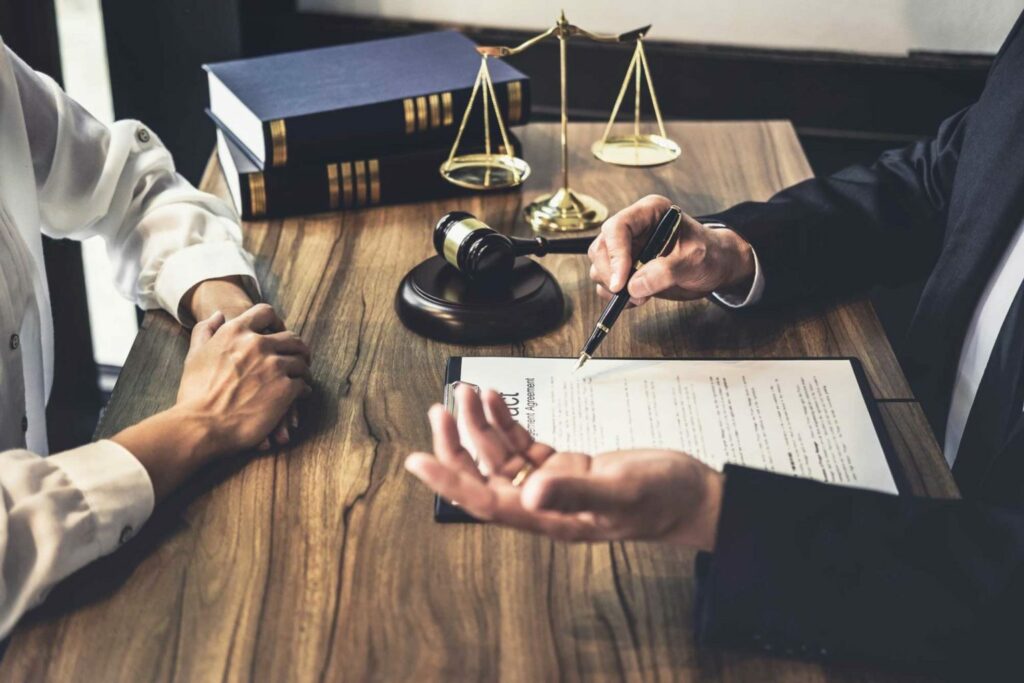Navigating the Legal Process- A Personal Injury Attorney’s Guide
Suffering a personal injury due to the negligence of another party is a traumatic experience, and navigating the legal process that follows can be complex and overwhelming. This is where a personal injury attorney steps in as your guide, advocate, and legal expert. In this article, we will explore the essential steps and stages involved in the legal process for personal injury cases, highlighting the critical role of a personal injury attorney in helping victims seek justice and compensation.
Initial Consultation
The legal process begins with an initial consultation with a personal injury attorney. This is your opportunity to discuss the details of your case, including how the injury occurred, the parties involved, and the extent of your injuries. The attorney will evaluate the merits of your case and advise you on the best course of action.
Investigation
Following the initial consultation, the attorney initiates an investigation into the circumstances surrounding your injury. This includes gathering evidence, such as accident reports, medical records, witness statements, and any other pertinent information. Investigative experts may be brought in to help establish liability and damages.
Legal Analysis
Once the evidence is collected, the attorney conducts a legal analysis to determine the strength of your case. They will assess the applicable laws, regulations, and precedents to build a solid legal foundation for your claim. This process helps outline the legal strategy for your case.
Settlement Negotiations
Many personal injury cases are resolved through settlement negotiations with the at-fault party’s insurance company. Your attorney plays a pivotal role in these negotiations, advocating for your rights and seeking the best possible settlement. They understand the tactics used by insurance adjusters and counteract them to secure a fair resolution.

Litigation
In some cases, settlement negotiations may not lead to a satisfactory outcome. When negotiations break down, your personal injury attorney is prepared to initiate litigation. This involves filing a lawsuit against the responsible party and taking your case to court. Your attorney will prepare the case for trial and represent you in court proceedings.
Trial Representation
If your case goes to trial, your personal injury attorney becomes your advocate in the courtroom. They present the evidence, argue your case, and cross-examine witnesses on your behalf. Their legal expertise and courtroom experience are instrumental in securing a favorable outcome.
Collection of Damages
After a successful negotiation or courtroom victory, your attorney will help you collect the damages you are entitled to. This includes medical expenses, lost wages, pain and suffering, and any other losses you have incurred due to the injury.
Ongoing Legal Support
The legal process doesn’t end with the collection of damages. Your attorney continues to provide support by addressing any post-settlement or post-trial matters, such as appeals or compliance with court orders. They ensure that your rights and interests are protected throughout the entire process.
Conclusion
Navigating the legal process following a personal injury is a complex journey, and having a personal injury attorney as your guide is essential. They assist in every aspect of your case, from initial consultation to investigation, legal analysis, settlement negotiations, litigation, and trial representation. With their expertise and commitment to your case, personal injury attorneys play a vital role in helping victims seek justice, compensation, and closure after suffering injuries due to someone else’s negligence.
